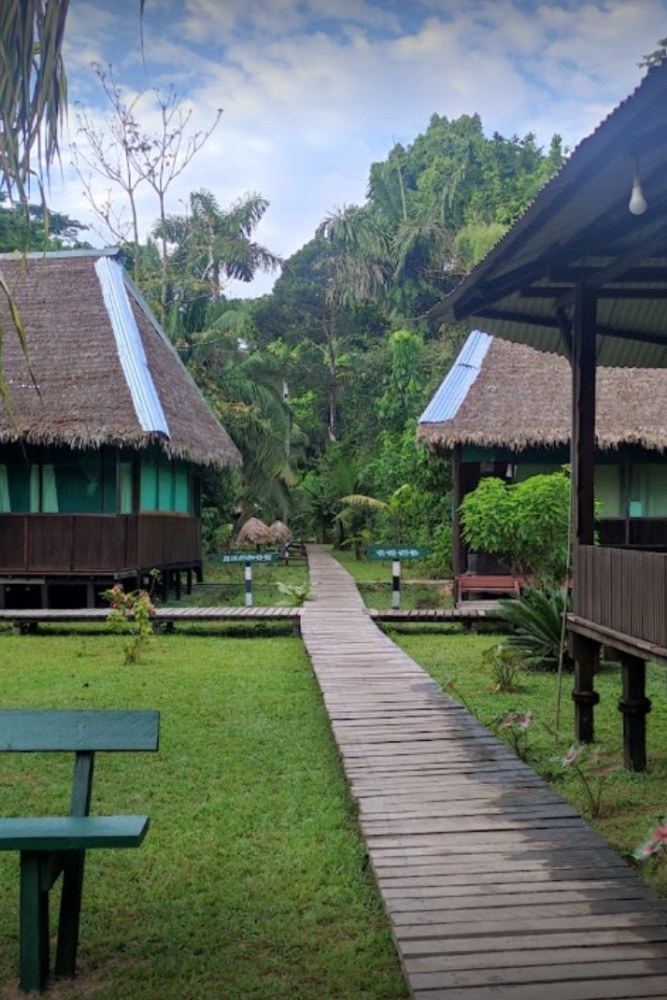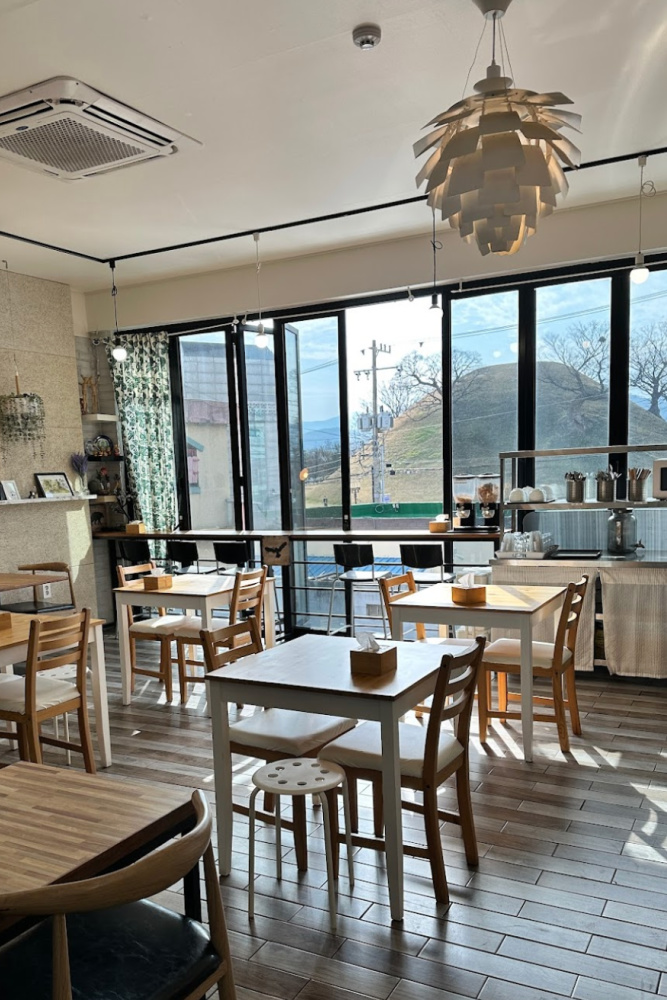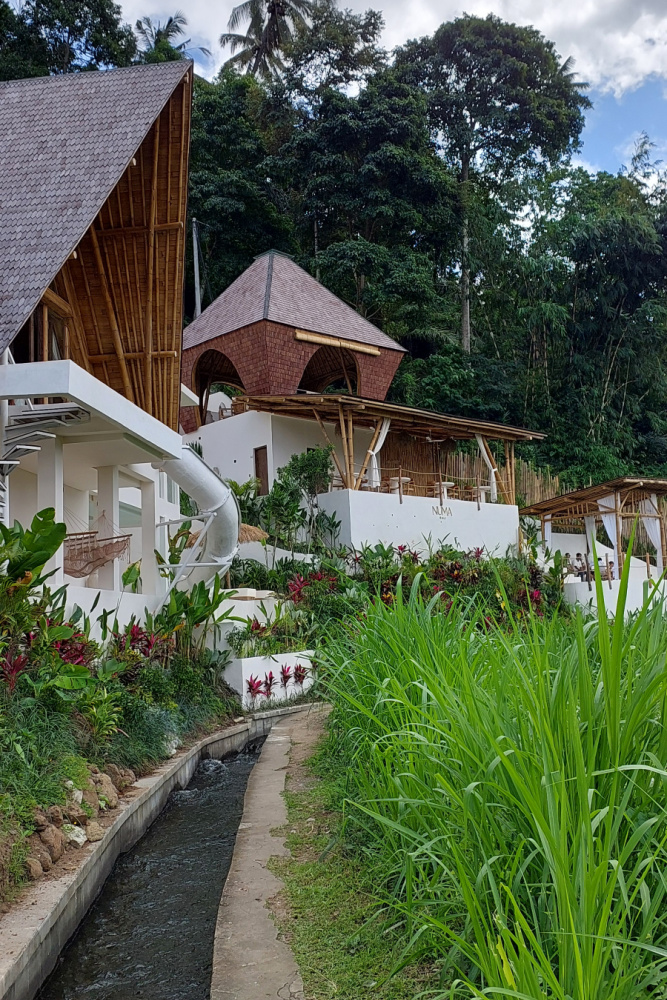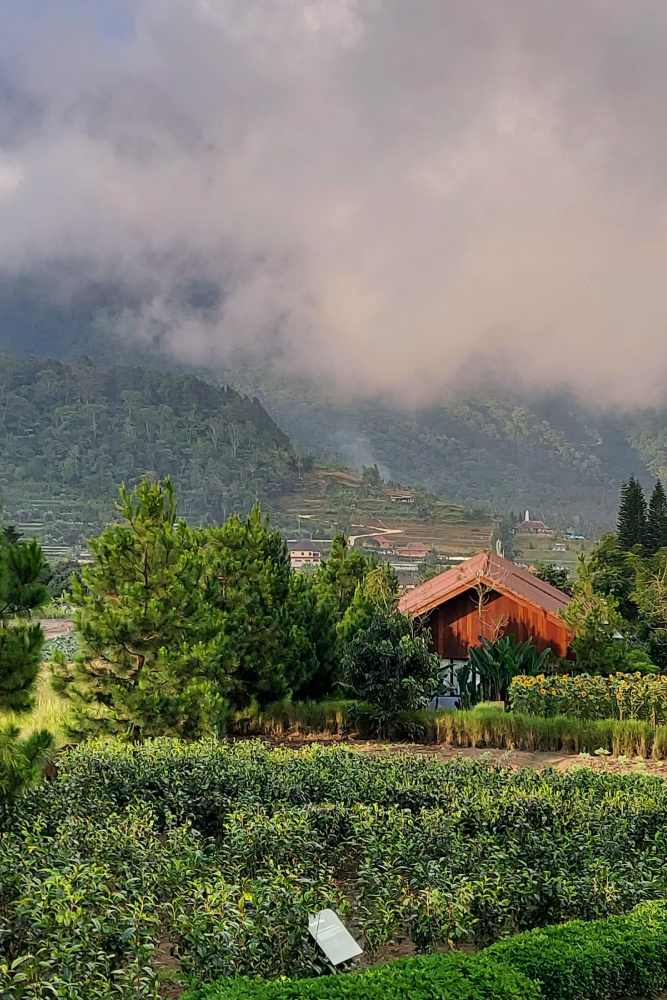
For many travelers, the concept of sustainable tourism remains unclear. With so many options labeled as “eco-friendly” or “responsible,” it can be complicated to distinguish which practices truly have a positive impact on communities and the environment.
When we think of sustainable tourism, we often imagine eco-lodges in the jungle or exclusive safari lodges in Africa. However, opportunities to practice sustainable tourism exist everywhere and are accessible to everyone.
A small lodge in a remote location alone may not generate enough jobs or significantly improve a community’s economy. However, it does support local people and provides travelers with a more direct and authentic exchange experience.
Beyond choosing eco-lodges, understanding sustainability efforts from big hotel chains and booking platforms can help travelers make informed choices.
This article explores different ways to find and choose accommodations that make sustainability more accessible.
Types of Accommodations
Major Hotel Chains

Many hotels have programs that promote sustainability, such as reusing towels and linens. For example, AccorHotels has committed to implementing large-scale sustainable practices through its Planet 21 program.
The company has saved millions of euros by encouraging guests to reuse towels and conserve water. Part of those savings funds its Plant for the Planet program, which has planted more than seven million trees so far.
However, AccorHotels is not alone—many hotel chains, such as Mandarin Oriental, follow this model, and sustainability initiatives are expanding across the industry. These initiatives show that sustainability is becoming a priority across the hospitality industry, from budget hotels to luxury resorts.
A significant benefit of large hotel chains is their ability to train many employees. Many of these workers later open their businesses, helping create jobs and ensuring a more sustainable future.
Accommodations in Local Communities

Uros Qhantany Lodge Titicaca Lake Puno Peru
Sustainable tourism is not just about reducing environmental impact—it’s also about directly benefiting local communities. One of the best ways to do this is by choosing accommodations run by residents.
In many rural or economically disadvantaged regions, locals have developed community-based tourism models, offering stays in their homes or eco-lodges managed by the community. These accommodations provide an authentic and close-knit experience while ensuring that tourism-generated income stays within the community, improving the quality of life for its residents.
Staying with the Uros on Lake Titicaca
Staying in Eco-Lodges

Cayman Eco Lodge Tambopata Peru
Staying in an Eco-Lodge is a sustainable and enriching way to travel. These accommodations are designed to minimize environmental impact by using renewable energy, eco-friendly materials, and recycling systems.
Additionally, they are often located in pristine natural settings, allowing travelers to disconnect from city noise and immerse themselves in nature.
Many Eco-Lodges work closely with local communities, generating jobs and promoting authentic experiences and regional products.
Sleeping in an Eco Lodge in the Tambopata Amazon Jungle
Considering Hostels

Gyeongju Bongwhang Mansion Hostel Korea
Hostels have evolved significantly in recent years, leaving behind the image of overcrowded and uncomfortable spaces. Today, many offer private rooms, cozy common areas, and services that rival some hotels, such as free breakfasts and organized activities for guests.
Besides being affordable, hostels create a social atmosphere ideal for meeting other travelers and sharing experiences. Many are committed to supporting local communities, collaborating with small businesses, promoting responsible tourism, and organizing activities with local guides.
The Charming City of Gyeongju in South Korea
Airbnb and Other Home-Sharing Platforms

Home-sharing platforms like Airbnb can be a great way to save money and experience a destination like a local. However, it’s important to use them responsibly. Before booking, check the host’s profile—if the same person manages multiple properties, it’s likely a business rather than authentic local accommodation.
This can contribute to housing shortages for residents and increase gentrification. To support ethical home-sharing, look for rentals run by locals who actively engage with the community rather than large-scale property managers. Choosing stays managed by families or small entrepreneurs helps ensure that tourism has a positive impact on the community.
About Sustainability Certifications

Numa Hotel Bali in front of Sidemen Rice Fields
Many hotels claim to be eco-friendly, but not all genuinely follow sustainable practices. To ensure that a hotel meets responsible standards, check if it is accredited by the Global Sustainable Tourism Council (GSTC), which establishes internationally recognized sustainability standards.
Platforms like Booking.com have started highlighting sustainability-certified hotels, making it easier to find responsible options. These certifications ensure that the accommodation follows sustainable practices, such as efficient resource use, community support, and waste reduction.
While not all certifications are equal, choosing hotels with any form of accreditation is a step toward responsible tourism and encourages better industry practices.
Before booking, you can also check if your accommodation has sustainability credentials, such as EarthCheck, a trusted certification that ensures hotels and lodges follow responsible environmental and social practices. Look for the ‘EarthCheck Certified’ label to make a more sustainable choice.
Final Thoughts

Dusun Bedugul Asri Hotel Bali
By making conscious accommodation choices, we can turn travel into a force for good—supporting communities, protecting the environment, and ensuring a more sustainable future for tourism. Hopefully, this article has helped and inspired you to travel more sustainably!
Travel is not just about fun—it can be a journey of self-discovery, leading to a more connected and fulfilling life.

